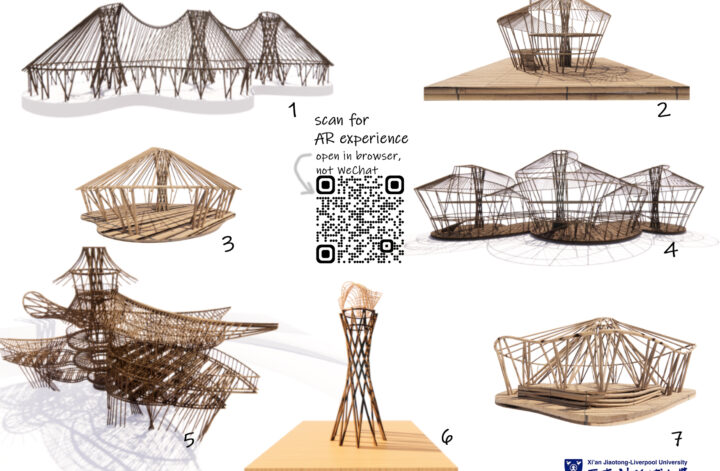I had a chance to be in Bangalore, India during ICoRD (International Conference in Research into Design) on 7-9 January 2015. There was an amazing workshop about publishing delivered by five panellists who have tremendous experience as editors in international peer reviewed journals in design. The workshop focused on pertinent issues around writing and publishing papers in peer-reviewed journals. Some hands-on tips too from the experts, in form of brief presentations. I made some scribbles as a self reminder too.
Panelists were (in order of appearance): Prof. John S. Gero, Prof. Bernard Yannou, Prof. Dr. Lucienne Blessing, Prof. G.K. Ananthasuresh and Dr. Gavin Melles
Panel 1: Prof. John S. Gero
What should be in journal paper:
– title (informative, specific and attractive)
– abstract
– motivation
– background
– aims
– significance (if it is successful, what will you do?)
– experiment design
– results
– discussion
– conclusions
– acknowledgements
– references
– figures (includes purpose, content, representation, scale, readability, references and location and caption of the figures)
Panel 2: Prof. Bernard Yannou
What should be in journal paper (building up from previous panel):
– bibliographical analysis
– your issues
– your models
– scientific enough? prove it:
originality: multi domain? novel/not? efficient?
repeatability: provides enough data
criticability: provides criteria for relevance, efficiency, applicability
applicability: issue, scalability, outperformance in certain contexts, consequences in
companies. Give examples.
– take time to save time. polish it. reviewer’s time is precious
– check: writing style, journal spirit and requirement
– for PhD student: how to divine successive and linked issues, bibliography, models, proposed design experiment, proposed chosen archival journals.
Panel 3:Â Prof. Dr. Lucienne Blessing
– prerequisite: the message of study
– style issues
– do not submit the first draft- reviewer’s time is previous
– look at journal guidelines
– read literature in English
– start with structure
– use consistent terminology
– show you took a great care
– read aloud your manuscript
– content issues
– set the scene (aim of paper is not the same with aim of study!)
– what you have done and.. why
– what is the PhD study about, write for the reader
– look back at the aim, at the end.
Messages from “kind reviewersâ€:
+ what insights/suggestions you bring to the community?
+ how do you tell the story?
+ is it worth our effort?
Panel 4: Prof. G.K. Ananthasuresh
Link to his site about technical writing: http://www.be.iisc.ernet.in/techwriting.html
– on selecting journals, publish at where we learn from
– do not fit? Make a case/ send a letter
Panel 5: Dr. Gavin Melles
What should we, the writers, aim for:
– appealing argument (reaching out, like joining a dinner party)
– writing is a forethought not an afterthought
– reviewing the field you are in
– clear ‘hook’, provocative abstract
– moderate claims (contribution on an ongoing conversation)
– do not submit first draft
– recognisable abstract
– max impact, less words
– narrative
 Note: please be considerate if you re-post or re-use the materials.
